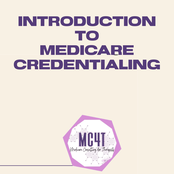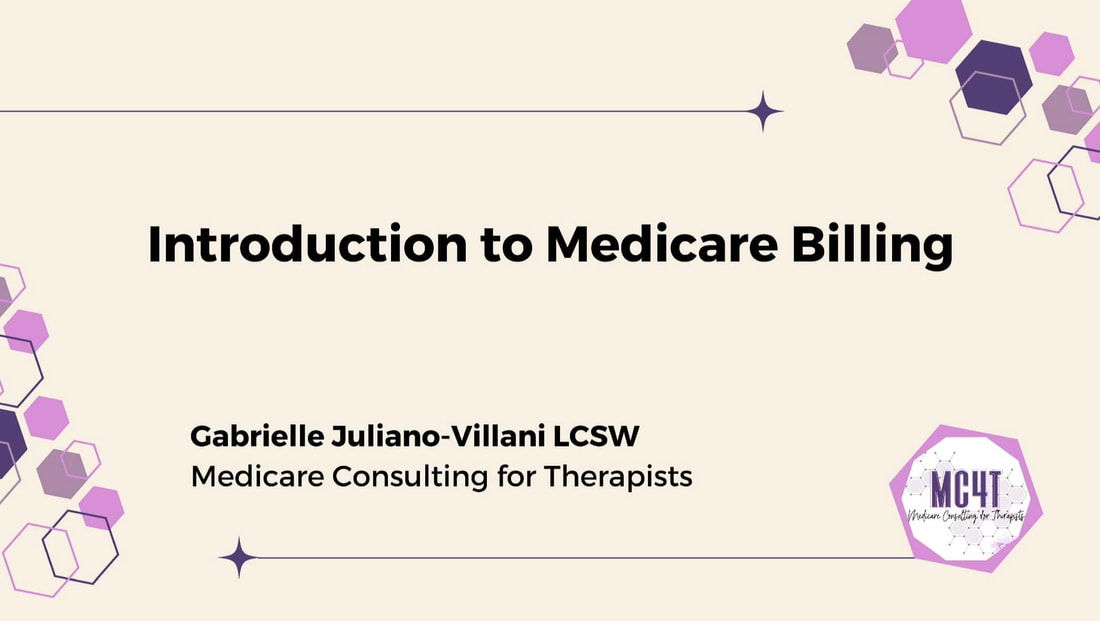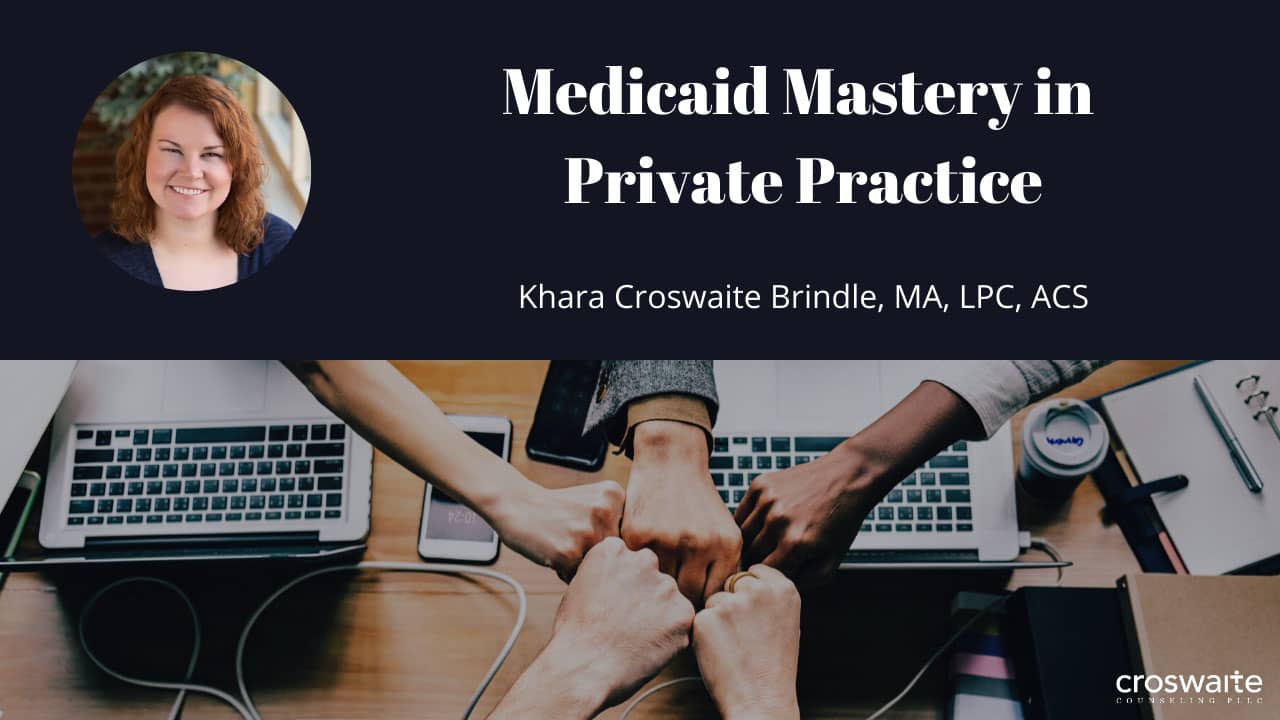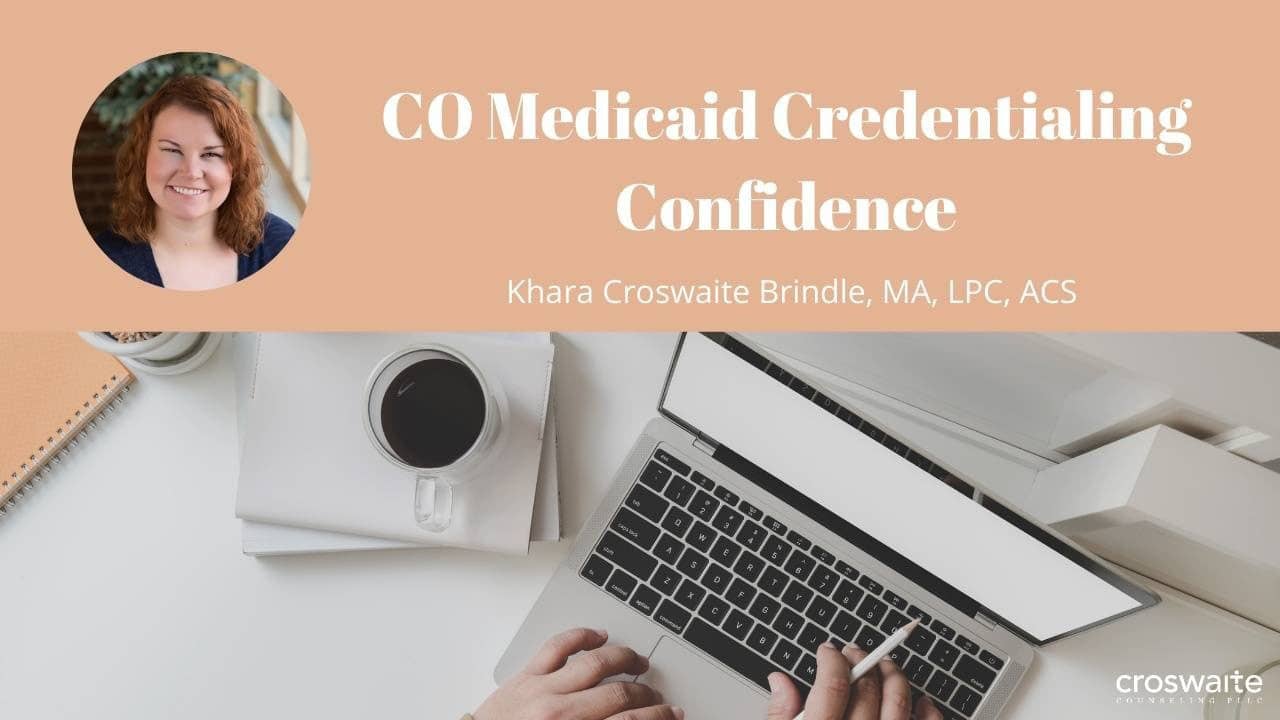By Sybil Cummin, MA, LPC

You graduate and are now out in the world as a new therapist, determined to help others. Maybe you go through the grunt work at an agency where you see 35+ clients a week with low pay to get licensed and now you want something different. You want flexibility with your schedule – to get to choose the clients you work with, and you want to be paid well.
You went to graduate school to become a therapist so that you can help those struggling with their mental health and those who have experienced trauma, not to learn about business and marketing. So either you’re nervous to start your private practice because you are worried you won’t be able to get clients or maybe you jump into private practice and have the constant worry that you will never have a sustainable caseload.
What if I told you that you could have a never ending stream of new client inquiries AND help those who do not always have access to the mental health care they need?
You went to graduate school to become a therapist so that you can help those struggling with their mental health and those who have experienced trauma, not to learn about business and marketing. So either you’re nervous to start your private practice because you are worried you won’t be able to get clients or maybe you jump into private practice and have the constant worry that you will never have a sustainable caseload.
What if I told you that you could have a never ending stream of new client inquiries AND help those who do not always have access to the mental health care they need?

This is possible. You can decrease your anxiety about keeping a full caseload and having to constantly market your business and increase your revenue by diversifying your practice by getting credentialed with Medicare and Medicaid.
Did you have an immediate reaction to this idea?
When I share this with therapists, oftentimes they pull back and say, “Oh, but isn’t their paperwork and billing difficult?” or “I’ve heard they don’t pay very well.”
Yes, there are some paperwork requirements that you need to be aware of and learn how to do. You do have to bill through an electronic health records system (EHR). And it is likely that they do not pay the same amount as your private pay rate.
And, it still may be easier and more beneficial than you think.
Here are some pros and cons of adding a Medicare and/or Medicaid contract to your practice:
Pros:
Cons:
Did you have an immediate reaction to this idea?
When I share this with therapists, oftentimes they pull back and say, “Oh, but isn’t their paperwork and billing difficult?” or “I’ve heard they don’t pay very well.”
Yes, there are some paperwork requirements that you need to be aware of and learn how to do. You do have to bill through an electronic health records system (EHR). And it is likely that they do not pay the same amount as your private pay rate.
And, it still may be easier and more beneficial than you think.
Here are some pros and cons of adding a Medicare and/or Medicaid contract to your practice:
Pros:
- You will never run out of clients who need your services. There are so many people on both Medicare (10,000 people turn 65 every day) and Medicaid (1.7 million people are on Medicaid in Colorado in 2022) that need your services
- Increased referral opportunities with medical professionals
- You can help those who may not have access to your specialty services or an experience of regular therapy in a private practice setting
- The pay is higher than many of the most common commercial insurances.
- You will pay less in marketing costs (both financial and time)
- Enhanced professional credibility due to the fact that you and your practice have met certain quality standards and requirements
- The possibility of supervisory billing if you are looking to grow a group practice with licensure candidates
Cons:
- There are specific paperwork requirements and potential audits
- Credentialing can feel overwhelming at first
- Lower pay than private pay fees, with no payment for no shows
- Diagnosis is required for payment
- Currently LCSWs are the only ones who can accept Medicare (This will be changing in January 2024 to allow LPCs)

So, if you dread the small talk of a networking event or the constant posting on social media and crossing your fingers that it will produce new clients for your practice, this might be something to add to your repertoire.
And I’m not going to leave you hanging without knowing some next steps on how to get started. I am connected with some amazing clinicians that have been there, done that, and have the T-shirt. And they have created courses to teach you exactly how to do this so that you do not have to go through the mistakes that they (and I) have gone through as you become credentialed with and start seeing Medicaid and Medicare clients.
And I’m not going to leave you hanging without knowing some next steps on how to get started. I am connected with some amazing clinicians that have been there, done that, and have the T-shirt. And they have created courses to teach you exactly how to do this so that you do not have to go through the mistakes that they (and I) have gone through as you become credentialed with and start seeing Medicaid and Medicare clients.
My friend and colleague, Gabrielle Juliano-Villani is an expert in all things Medicare (among other things). She has created an online course to give you step-by-step plans to become credentialed with Medicare. This is applicable for therapists in all 50 states and, while Medicare only contracts with LCSWs right now, starting January 2024 LPCs will be eligible as well.
Links to Gabrielle's classes:
Introduction to Medicare Credentialing
Introduction to Medicare Billing
Links to Gabrielle's classes:
Introduction to Medicare Credentialing
Introduction to Medicare Billing
If the paperwork of Medicaid causes you anxiety and is preventing you from becoming a provider to offer your specialties to those who may not have access any other way, never fear. My friend and colleague, Khara Croswaite Brindle has you covered. She has online courses (see links below) to support mastery of Medicaid, including demystifying credentialing in Colorado and ensuring your notes and treatment plans are Medicaid audit proof.
Links to Khara's classes:
Colorado Medicaid Compliant Treatment Plans & Notes
Colorado Medicaid Credentialing Confidence
Medicaid Mastery in Private Practice
Links to Khara's classes:
Colorado Medicaid Compliant Treatment Plans & Notes
Colorado Medicaid Credentialing Confidence
Medicaid Mastery in Private Practice
In all transparency, I will receive a small commission if you make a purchase through one of these links. You will not you won’t be charged anything extra, and this commission helps me to continue to provide valuable content on this website, my podcast, and on my social media channels.
Rest assured, we only recommend products and services that we genuinely believe in. Our primary goal is to provide helpful information and to guide you in making informed decisions. If you have any concerns or a negative experience with a product we have posted on this site, we want to hear about it, so that we can ensure we are only providing the best resources possible.
While there are many things you need to consider in setting up a private practice that brings you fulfillment, flexibility, and a comfortable paycheck, diversifying your client pool by adding a Medicare or Medicaid contract may be one to check out.
Medicaid Data in the Colorado All Payer Claims Database
Rest assured, we only recommend products and services that we genuinely believe in. Our primary goal is to provide helpful information and to guide you in making informed decisions. If you have any concerns or a negative experience with a product we have posted on this site, we want to hear about it, so that we can ensure we are only providing the best resources possible.
While there are many things you need to consider in setting up a private practice that brings you fulfillment, flexibility, and a comfortable paycheck, diversifying your client pool by adding a Medicare or Medicaid contract may be one to check out.
Medicaid Data in the Colorado All Payer Claims Database






 RSS Feed
RSS Feed
